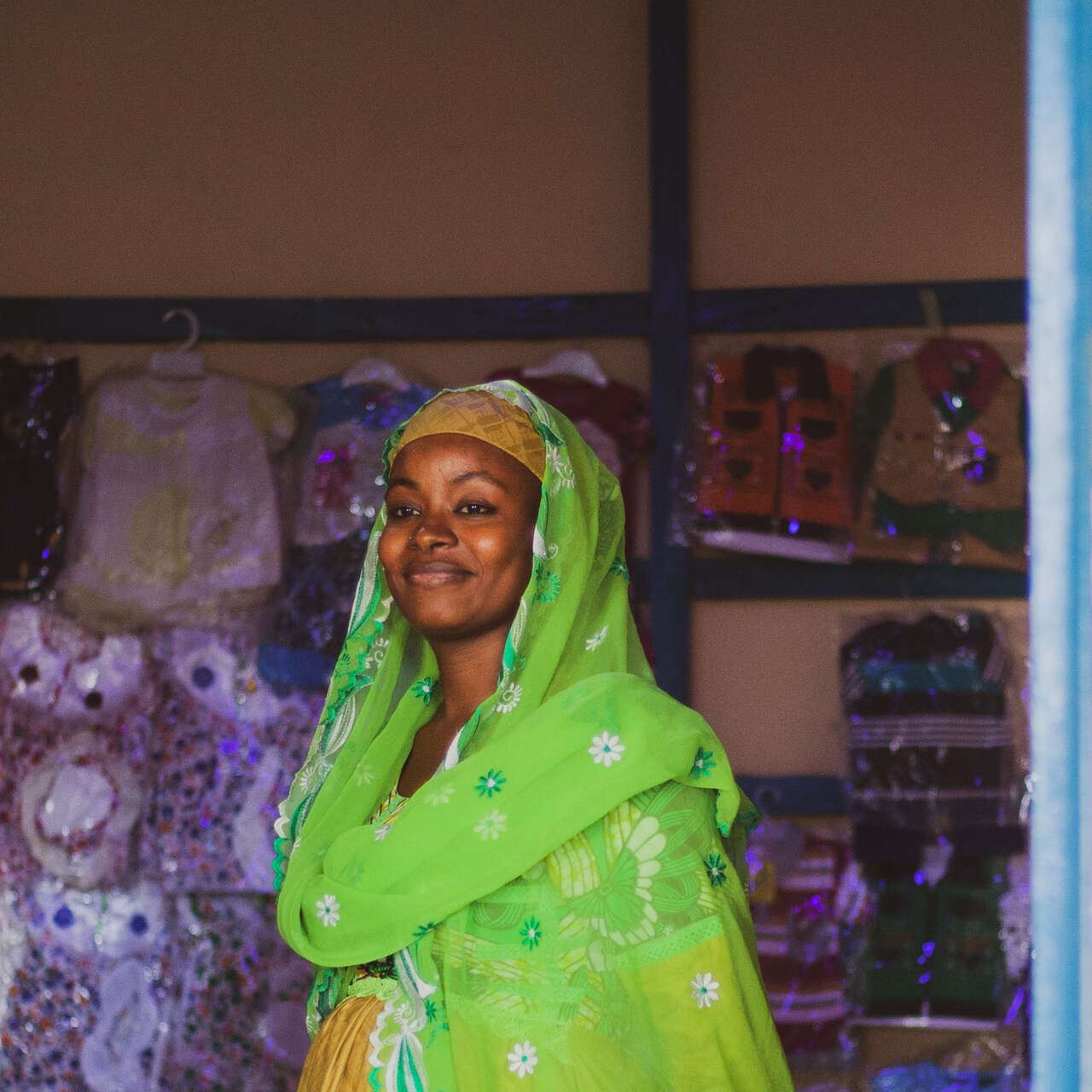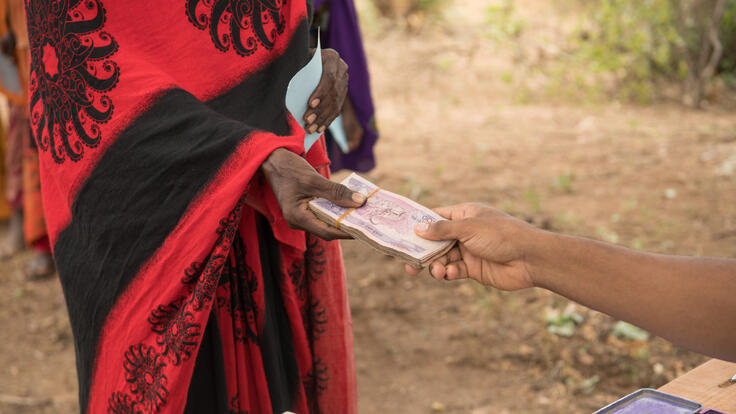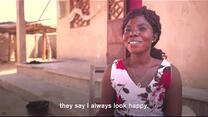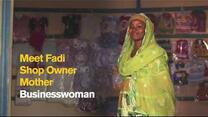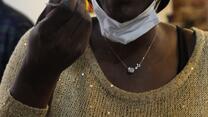Country facts
- Population: 25 million
- People displaced by crisis: 793,637 displaced people
- Rank in Human Development Index: 155 of 193
IRC response
- Started work in Cameroon: 2016
- People served: 399,145 since 2016
Increasing violence and insecurity in Cameroon has forced over a million people from their homes. Since 2014, Cameroon has also struggled to support refugees fleeing violence and civil war in neighboring countries. The IRC is scaling up its response to provide aid to those in need.
Since 2014, about 358,000 refugees fleeing Boko Haram in Nigeria and the civil war in Central African Republic have found refuge in Cameroon. All told, the violence has left approximately 4.3 million people in need of humanitarian aid in eight of Cameroon’s 10 regions including the Far North, East, North West, and South West regions.
Since 2016, the country’s North West and South West regions have experienced high levels of insecurity and armed violence caused by outbreaks between the area’s separatist militias and the country’s defense and security forces. As a result, over 530,806 people — around two-thirds of them women — have been forced to flee their homes leaving 1.3 million people in need of humanitarian aid.
Escalating tensions have led to a socio-economic crisis as people continue to search for safety and rebuild their lives.
In Cameroon, people affected by crisis are urgently in need of food, shelter, protection, water, and health care. Local communities have opened their doors to those displaced, but they often have little to share.
Nearly 3 million people need food aid. Before the crisis, 70 percent of the population of the North West depended on agriculture. Insecurity is now causing farmers to abandon their farmlands, which has led to a drop in production and an increase in the price of staples.
Drinking water supply in terms of quantity and quality remains precarious. More than 1.8 million people need access to safe drinking water supplies and basic sanitation. Water points in places where refugees and displaced people reside are often broken, and latrines are scarce. Overcrowded conditions without clean water or a proper waste management system expose people to diseases such as cholera and malaria.
Approximately 1.5 million people need health assistance in crisis affected regions. Health centers are unprepared and short on qualified personnel and medical supplies and equipment needed to treat the most vulnerable. In the South West region, about 24 percent of health facilities have closed due to the crisis.
Protection needs persist as civilians—especially women and girls—face many human rights violations including killings, abduction and arbitrary arrests. Lack of identification documents significantly increases protection problems faced by displaced people.
Women remain most vulnerable to exploitation and disease. Many don’t have menstrual hygiene materials because they are unable to pay for them, find them or are too afraid to move to get them. There’s also a scarcity in health services, including midwives and gynecologists, available for pregnant women.
About 80 percent of girls and boys in preschool, elementary, and secondary schools in the North West and South West regions do not have access to continuous schooling due to the crisis. As of 2015, 120 schools closed due to violence and insecurity, forcing over 33,000 students to either drop out or attend school in another community.
The IRC’s mission is to help people whose lives and livelihoods are shattered by conflict and disaster to survive, recover and gain control of their future.
We are focusing our efforts in the Far North and South West regions by:
- providing clean water and improving sanitation facilities such as water pumps, latrines and showers, and waste disposal pits in communities hosting large numbers of displaced people;
- distributing basic supplies such as water containers, cooking utensils and blankets to displaced families;
- distributing dignity kits with items such as sanitary napkins, bathing soap, toothpaste and toothbrush, menstrual pads, and underwear to reduce violence against women and girls
- running safe spaces for women and girls where they can seek counseling, participate in recreational activities and receive other services;
- helping individuals obtain identification documents and referring them to other legal services;
- establishing lifesaving referral pathways for survivors of sexual assault to ensure they receive safe and appropriate clinical care;
- engaging community members to work on reducing protection risks through community-based programs and responding to human rights violations;
- providing cash assistance via mobile or voucher modalities for the most vulnerable to help them meet their basic needs;
- providing business grants and vocational training opportunities for youth, women, and girls in communities affected by crisis.
The IRC’s work in Cameroon is more critical than ever as violence continues to force people from their homes. We pledge to put the needs of those most affected by crisis, specifically women and girls, at the forefront of our efforts and to achieve measurable improvements in safety and economic well-being. It’s clear that more aid is required in order to meet the growing humanitarian needs.
Health
There is an urgent need for improving how we respond to cholera outbreaks. We are looking at ways to help communities affected by crisis prevent and control infection through awareness raising sessions, improve access to clean water, build latrines, and promote proper hygiene.
Economic wellbeing
Due to insecurity and displacement, people affected by crisis have lost their livelihoods and often resort to negative coping strategies for survival such as selling their few personal items or taking unsafe or degrading and exploitative work. This further weakens their resilience and renders them more vulnerable.
- In the Far North region, we will be scaling up resilience programming through provision of business grants and vocational training opportunities to support the economic wellbeing of youth.
- We will promote women’s empowerment through Village Savings and Loan Associations.
- The IRC will maintain and diversify its cash programs modalities to help vulnerable households meet their basic needs in dignity.
Safety
With the crisis in the Far North, South West and North West regions, protection risks and gender-based violence (GBV) has increased, with women and girls also now more exposed to risk of rape, and sexual and physical abuse. The IRC will work to:
- establish a comprehensive community-level protection monitoring and alert system to ensure that rights violations are identified and responded to in a timely manner;
- extend psychosocial support sessions for adolescent girls at IRC-run safe spaces;
- introduce activities specifically targeting men and boys for behavioral change;
- strengthen the capacity of key local protection partners in conflict resolution to foster safety and social cohesion at the community level;
- expand direct services to include legal aid and access to justice for survivors of violence.
Education
The Far North of Cameroon has one of the lowest net school enrolment rates, approximately 24 percent, Poor infrastructure, insecurity, absence of qualified teachers and teaching materials and inability to pay for school fees are some of the barriers families face. The IRC will support children with literacy, numeracy, and social-emotional skills, as well as livelihoods skills for youth. We will also help ensure girls and boys of school age can enroll in and attend safe, functioning and responsive education programs.
Read the IRC's Cameroon strategy action plan.
